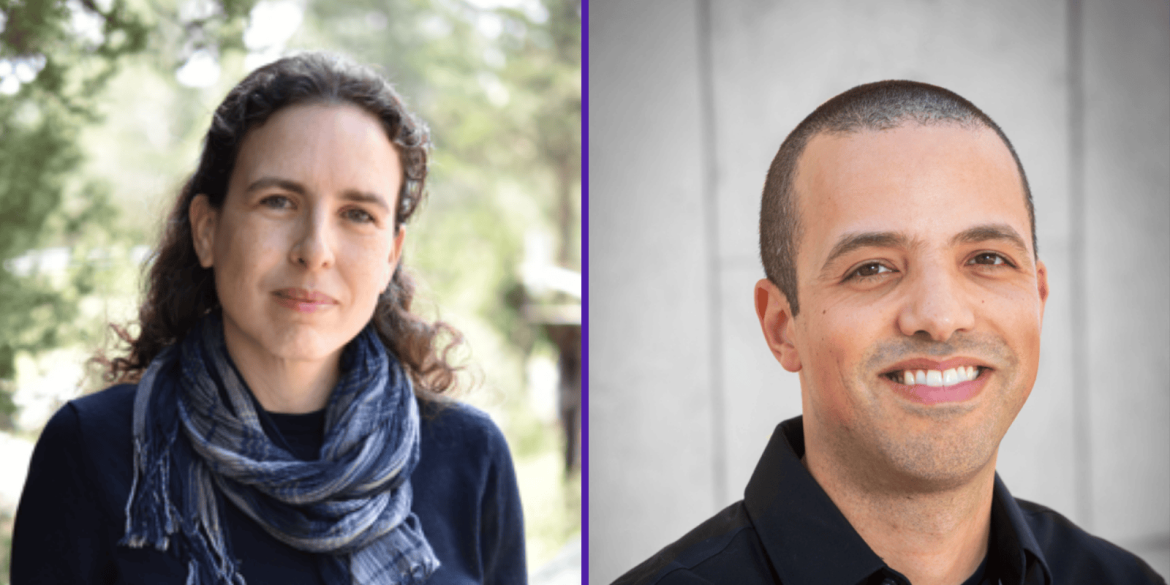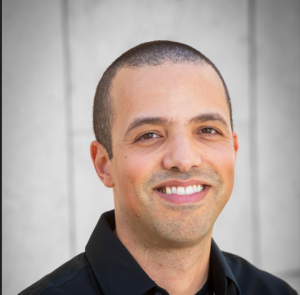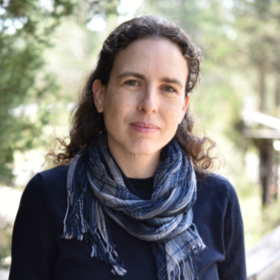
The Hebrew University of Jerusalem is proud to announce that two of its outstanding researchers have been selected to join the EMBO Young Investigator Programme, a prestigious initiative recognising exceptional early-career group leaders in life sciences across Europe and beyond.
These researchers will be among the 27 newest members of the EMBO Young Investigator Network, which fosters scientific excellence and interdisciplinary collaboration. They will receive a grant of 15,000 euros, access to core facilities at EMBL in Heidelberg, Germany, training in laboratory leadership and responsible research practices, and mentoring by EMBO Members. The program also provides opportunities to apply for additional funding and organise or attend international conferences.
The recipients from Hebrew University are:

Dr Itamar Harel (Credit-Miriam Alster Flash90)
Dr Itamar Harel, of The Alexander Silberman Institute of Life Sciences, conducts pioneering research on the biology of aging using the African turquoise killifish as a model organism. This short-lived vertebrate, which shares key genetic and physiological traits with humans, allows for efficient studies of aging and age-related diseases such as Parkinson’s and Alzheimer’s. Dr Harel’s work has identified proteins with age-related folding malfunctions that lead to cellular disruptions and has uncovered sex-specific mechanisms, including how the germline regulates male longevity while enhancing DNA repair in females. These findings provide innovative insights into the molecular mechanisms driving aging and offer potential strategies to delay aging and combat age-related diseases. “I am thrilled to join the EMBO Young Investigator Program because it offers my students an unparalleled platform to collaborate with exceptional scientists across diverse disciplines. Being part of this vibrant community is an incredible opportunity to accelerate the impact of our work and inspire the next generation of scientists.”

Dr Mor Nitzan (Credit Boaz Perlstein)
Dr Mor Nitzan, The School of Computer Science and Engineering, Racah Institute of Physics, and The Faculty of Medicine, for her research on the representation, inference and design of multicellular systems. Dr Nitzan develops mathematical models and computational frameworks to better understand how cells encode multiple layers of spatial and temporal information, and how to efficiently decode that information from large and complex biological data. Her research group aims to uncover organisation principles underlying information processing, computation, division of labor, and self-organisation of multicellular structures such as tissues, and how cell-to-cell interactions can be manipulated to optimise tissue structure and function.
The Hebrew University of Jerusalem is Israel’s premier academic and research institution. With over 23,000 students from 90 countries, it is a hub for advancing scientific knowledge and holds a significant role in Israel’s civilian scientific research output, accounting for nearly 40% of it and has registered over 11,000 patents. The university’s faculty and alumni have earned eight Nobel Prizes, two Turing Awards a Fields Medal, underscoring their contributions to ground-breaking discoveries. In the global arena, the Hebrew University ranks 81st according to the Shanghai Ranking. To learn more about the university’s academic programs, research initiatives, and achievements, visit the official website at http://new.huji.ac.il/en
EMBO is an organisation of more than 2,100 leading researchers that promotes excellence in the life sciences in Europe and beyond. The major goals of the organization are to support talented researchers at all stages of their careers, stimulate the exchange of scientific information, and help build a research environment where scientists can achieve their best work.
EMBO helps young scientists to advance their research, promote their international reputations and ensure their mobility. Courses, workshops, lectures and EMBO Press publications disseminate the latest research and offer training in techniques to maintain high standards of excellence in research practice. EMBO helps to shape science policy by seeking input and feedback from our communities and by following closely the trends in science. For more information: www.embo.org
